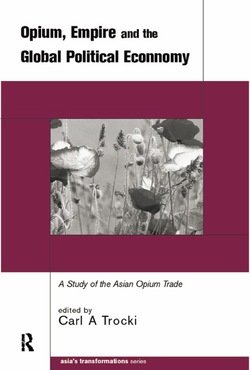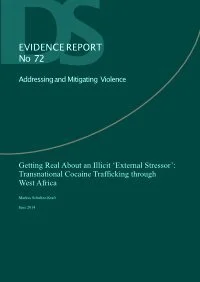Edited by Michael Milklaucic and Jacqueline Brewer
Illicit networks affect everyone in our modern, globalized world. From human trafficking in Eastern Europe to drug smuggling in East Asia, to the illicit arms trade in Africa, to terrorist cells in East Asia and insurgents in the Caucasus, transnational illicit networks have tentacles that reach everywhere. The trade in illegal narcotics is perhaps most worrisome, but of growing concern is the illicit trafficking of counterfeit items, weapons, natural resources, money, cultural property, and even people by shrewd, well-resourced, and nefarious adversaries
Acceleration. Magnification. Diffusion. Entropy. Empowerment. The global environment and the international system are evolving at hypervelocity. A consensus is emerging among policymakers, scholars, and practitioners that recent sweeping developments in information technology, communication, transportation, demographics, and conflict are making global governance more challenging. Some argue these developments have transformed our international system, making it more vulnerable than ever to the predations of terrorists and criminals. Others argue that despite this significant evolution, organized crime, transnational terrorism, and nonstate networks have been endemic if unpleasant features of human society throughout history, that they represent nothing new, and that our traditional means of countering them—primarily conventional law enforcement—are adequate. Even among those who perceive substantial differences in the contemporary manifestations of these persistent maladies, they are viewed as major nuisances not adding up to a significant national or international security threat, much less an existential threat.
Washington, DC: National Defense University Press, 2013. 304p.









